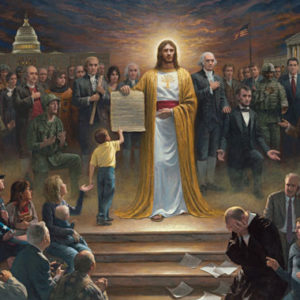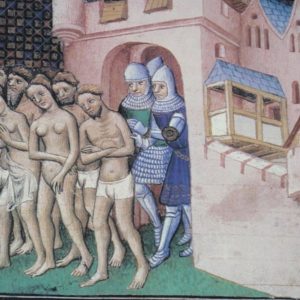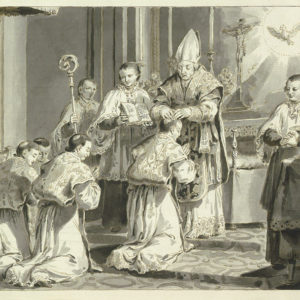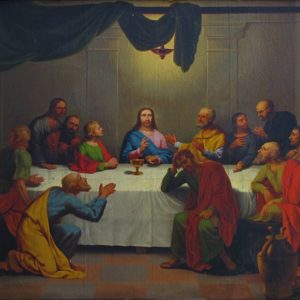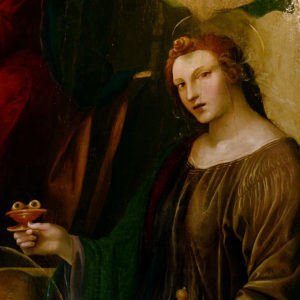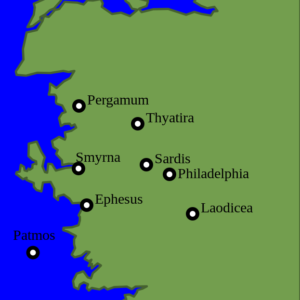Protestants often assume that the monarchical structure of the Catholic Church is due to Catholics relying too much on structure of the Roman Empire and not enough on the structure established in the Bible. Perhaps it would be better to say that it’s Protestants who are overly indebted to the structure of the United States and Western liberal societies, to the extent that they’ve ignored that God established a Kingdom, and not a Democracy. Consider how the People of God were governed throughout all of history.
Tag: Church
Three Christian Views on Excommunication (And Why Two of Them Are Wrong)
Within Christianity, there tend to be three major views of the place of excommunication: (1) We shouldn’t excommunicate anyone, because it’s not merciful. (2) We should excommunicate, because we want to purify the Church of the damned. (3) We should excommunicate, because it’s merciful to sinners. So which of these views is the one endorsed by Scripture?
Why Must Catholic Clergy be Called by the Church?
The Catholic Church requires all aspiring priests and deacons to request ordination, and then to be called by their bishop. Why does she do that? Because it’s the Biblical model. And this explains where the women’s ordination movement, and the Protestant Reformation, have gone wrong.
(Why You Can’t Have) Jesus Without the Church
Contemporary Christianity is fond of pushing Jesus without the Church. Like its secular counterpart (in which people claim to be “spiritual, but not religious”), it’s an attempt to have the relationship without the rules. If I’m lonely or going through a tragedy, I can pray, but I don’t have to worry about fasting when I don’t want to, or being associated with a bunch of fellow believers that I look down upon.
But Jesus-without-the-Church is a rejection of Jesus.
Does St. Paul Think the Eucharist is Just Bread?
If St. Paul is teaching transubstantiation in 1 Corinthians 10-11, why does he refer to the Eucharist as “the bread”?
Post-Conciliar Chaos in the Church, from a Saintly Perspective
A saintly theologian weighs in on the post-Conciliar chaos.
Beware of Telescopic Charity
There’s a spiritual malady afflicting our homes, our workplaces, our political conversations, and how we speak to (and of) one another, both on- and offline. A major part of the cure is learning to recognize that those who are hardest to stand are often the ones closest to us, and that the call to charity is often in the little things of daily life.
How the Early Church Disproves Protestant Claims About the Eucharist and the Church
Why should we care about the writings of the Church Fathers, or early Church history? Consider the Church of the early 100s. Protestants typically (a) reject the doctrine of the Real Presence of Christ, that the Eucharist becomes His Flesh and Blood; and (b) believe that once you are saved, you’ll never permanently fall away from the faith. But holding these views would require believing that the very same Symrnaean and Ephesian Christians praised by Christ in 96 A.D. are heretics by 107 A.D.
66 Love Letters? How to Think of God’s Revelation
Certain Protestants have taken to referring to the Scriptures as “66 love letters.” That gets something fundamentally right about God’s revelation, but goes wrong in three ways.
The Catholic Church Doesn’t Look Like the Early Church? Good.
It’s frequently objected that the Catholic Church doesn’t look like the early Church. Good. It’s not supposed to.
